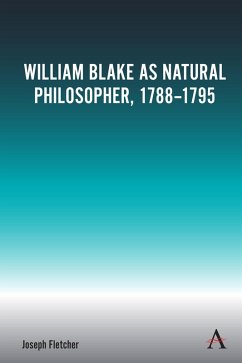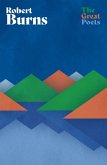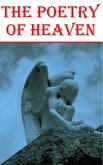William Blake as Natural Philosopher, 1788-1795 takes seriously William Blake's wish to be read as a natural philosopher, particularly in his early illuminated works, and reveals the way that poetry and visual art were for Blake an imaginative way of philosophizing. Blake's poetry and designs reveal a consistent preoccupation with eighteenth-century natural philosophical debates concerning the properties of the physical world, the nature of the soul, and God's relationship to the material universe. This book traces the history of these debates and examines images and ideas in Blake's illuminated books that mark the development of the monist pantheism, which contends that every material thing is in its essence God, to the idealism of his later period, which casts the natural world as degenerate and illusory. The book argues that Blake's philosophical thought was not as monolithic as has been previously characterized, and that pantheism is important to understanding his early works because it entails an ethics that respects the interconnected divinity of all material objects - not just humans - which in turn spurns hierarchical power structures.
Dieser Download kann aus rechtlichen Gründen nur mit Rechnungsadresse in A, D ausgeliefert werden.









